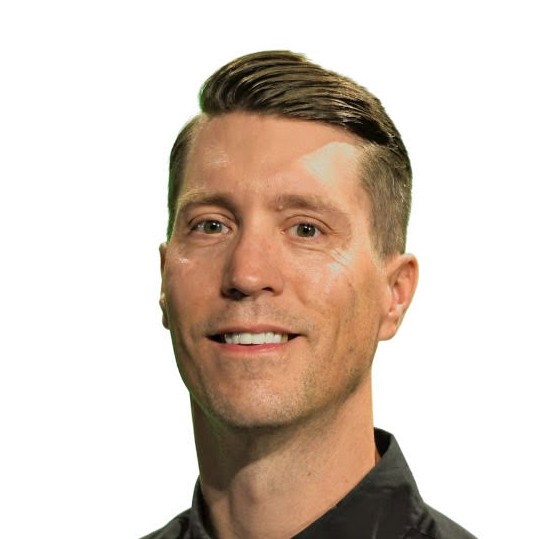How to Answer: Describe a conflict with a preceptor or attending physician.
Advice and answer examples written specifically for a Pharmacist job interview.
32. Describe a conflict with a preceptor or attending physician.
How to Answer
This can be a tricky question to answer. This is a question to practice answering ahead of time to master the correct tone. The employer wants to assess if you have any issues with anger management, conflict resolution, and communication. In addition, the employer wants to discern your honesty and ability to interact in many different situations. I would make sure to find an example you can highlight. If a candidate answers that they can't think of anything, that tells the employer they have not yet worked enough to have those experiences, or they have something they do not wish to share.
Written by Stephanie Baumhover on February 8th, 2024
Answer Example
"In my first professional role, I was on rounds with a surgeon. I recommended a change to the patient's antibiotic regimen. The surgeon did not agree due to the anaerobic coverage he wanted. I felt like it was an education issue and attempted to describe the benefits of a change. The surgeon expressed his frustration that day on rounds in a group setting and refused to change it. I decided to leave it alone and try again the next day. When I returned to work the next day, the surgeon had already changed it to my suggestion."
Written by Stephanie Baumhover on February 7th, 2024
Anonymous Interview Answers with Professional Feedback
Anonymous Answer
Chad's Feedback
Anonymous Answer
Stephanie's Feedback

